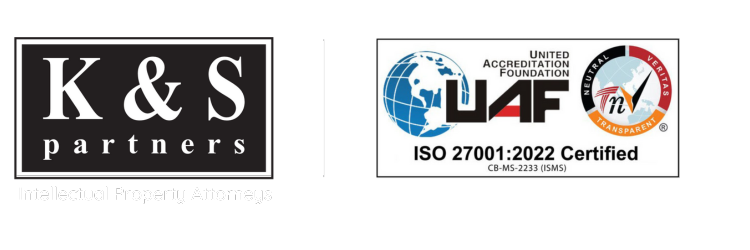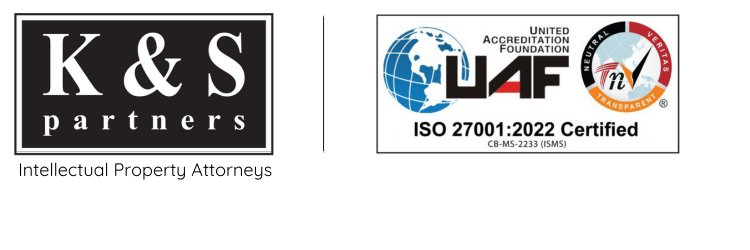In Kuraray Co. Ltd. and Mebiol Inc. v The Assistant Controller of Patents & Designs, The Patent Office, the Madras High Court ruled in September that the Assistant Controller of Patents & Designs’ (Controller) refusal order lacked merit due to insufficient reasoning.
Kuraray Co. Ltd. and Mebiol Inc. (appellants), filed a patent application for an invention titled, “film for plant cultivation”, which related to a process involves using polyvinyl alcohol film (PVA film) of specification in plant cultivation. The Controller rejected the application. The Court specifically found the Controller’s reasoning insufficient in providing the obviousness of the subject matter, based on the information available in the claimed closest prior art, a single citation.The Court cited a precedent from the case, Agriboard International v The Controller of Patents and Designs; underscoring three key principles for evaluating obviousness: analyzing the invention disclosed in the prior art, assessing the invention disclosed in the application, and determining how the subject invention would be perceived as obvious by a person skilled in the art.Notably, the Court specified that if the identified prior art addresses a different problem, it would not lead a person skilled in the art to arrive at the claimed invention based on said document.Ultimately, the Court ruled in favour of the appellants, Kuraray Co. Ltd. and Mebiol Inc, overturning the refusal decision and allowing the appeal, subject to further amendments to the claims.

